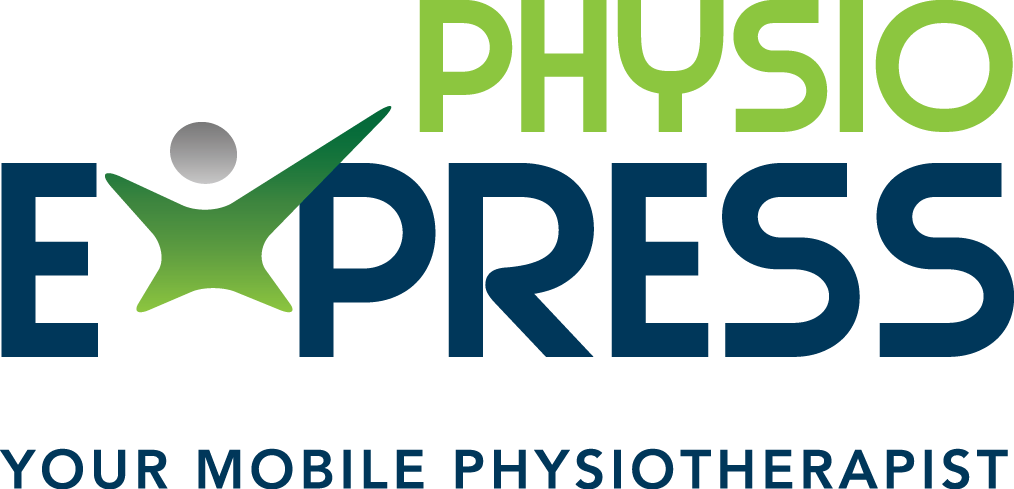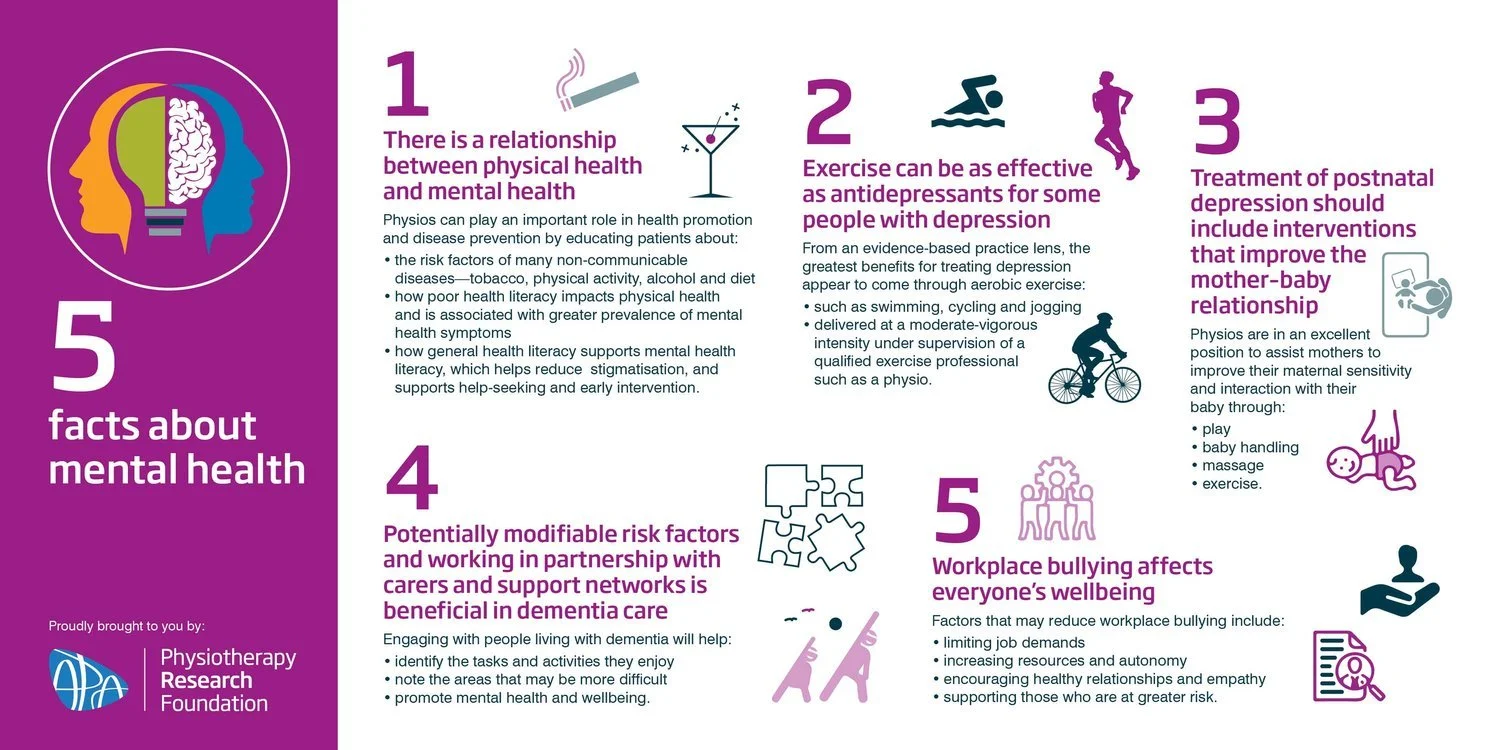Mental Health
4.2 million Australians have experienced a mental disorder in the last 12 months, with 8.6 million Aussies aged 18-65 estimated to experience a mental disorder at some point in their life.
Of these, Anxiety disorders are the most common affecting 3.3 million Australians, followed by Affective disorders (such as Depressive Episode)
Rates of depression are higher in people living in residential aged care facilities
65% of people who experience mental illness don’t seek help
What is mental health?
“Mental health is a state of wellbeing in which the individual realises their own ability, can cope with the normal stresses of life, can work productively and fruitfully and is able to make a contribution to their community.”
What is mental illness?
“A mental illness refers to a clinically significant disturbance in an individuals cognition, emotional regulation, or behaviour, usually associated with distress or impairment in important areas of functioning.”
What can you look out for?
A change in behaviour, eating habits activities, sleep, social withdrawal and mood
Loss of enjoyment and interest in activities that used to be enjoyable
Lack of motivation
Change is consistent over time and lasts for longer than 2 weeks
How can physiotherapy help?
Physiotherapy and mental health share a strong link. Physiotherapists can address movement, function, physical activity and exercise. A physiotherapist can conduct a thorough assessment to establish potential barriers to exercise, build confidence and motivation, promote community/ group engagement, create meaningful goals, and construct a tailored exercise-based program which can result in:
Improved quality of life
Reduced depression/anxiety/stress
Improved endurance / energy
Improved Sleep
Improved mood/ alertness
Improved concentration
References:
Alexandratos, K., Barnett, F., & Thomas, Y. (2012). The impact of exercise on the mental health and quality of life of people with severe mental illness: a critical review. British Journal of Occupational Therapy, 75(2), 48-60.
Australian Bureau of Statistics (2021). Mental health | Australian Bureau of Statistics. [online] www.abs.gov.au. Available at: https://www.abs.gov.au/statistics/health/mental-health.
Australian Institute of Health and Welfare (2023). Prevalence and impact of mental illness - Mental health. [online] Australian Institute of Health and Welfare. Available at: https://www.aihw.gov.au/mental-health/overview/prevalence-and-impact-of-mental-illness.
Australian Physiotherapy Association (2021). APA | Five facts about physiotherapy in mental health. [online] Available at: https://australian.physio/research/prf/translation/five-facts-about-physiotherapy-mental-health.
Sharma, A., Madaan, V., & Petty, F. D. (2006). Exercise for mental health. Primary care companion to the Journal of clinical psychiatry, 8(2), 106.
Image sourced from https://unsplash.com


